According to National Assembly delegates, to sustainably reduce poverty, the principle of "fish" and "fishing rod" must be considered and applied appropriately to each poor household's circumstances and each time period, and at the same time, it is necessary to separate the goals in each investment policy to support production.
 |
| Scene of the discussion session at the National Assembly hall, afternoon of October 30. |
Separate goals in each support policy
On the afternoon of October 30, according to the program of the 6th Session, the National Assembly continued to discuss in the hall the implementation of the National Assembly's Resolutions on the National Target Programs on new rural construction for the 2021-2025 period, sustainable poverty reduction for the 2021-2025 period, and socio -economic development in ethnic minority and mountainous areas for the 2021-2030 period.
Speaking at the discussion session, delegate Dinh Thi Ngoc Dung ( Hai Duong ) said that, regarding the policy objectives of the Sustainable Poverty Reduction Program, the 2021-2025 period simultaneously implements the objectives of the production development support policy and the objectives of the social security policy.
Meanwhile, there are many different types of poor households with different causes of poverty: Poverty due to lack of capital, lack of land for cultivation, old age, illness, accidents that prevent them from working, lack of knowledge, skills, lack of diligence, etc.
In order for the policy to attract investment in production to be effective, delegates said that it is necessary to separate the objectives in each policy, and not to integrate social security objectives into development support policies. Support policies need to be built based on market relationships and rules, in accordance with actual conditions.
Delegates believe that development support policies on improving productivity and economic efficiency should target businesses and households with production capacity, while social security policies and assistance to hungry and poor households should target the elderly, disadvantaged people who are unable to work, and ethnic minorities in remote, border, and island areas, because these groups are among households that are unable to expand production.
Delegates believe that separating these goals will help comprehensively promote all aspects of each policy, meeting the goal of multidimensional, inclusive, sustainable poverty reduction, and limiting re-poverty and poverty generation.
Regarding policy beneficiaries, delegates said that at this stage, the policy approach to production support has changed. Accordingly, from only supporting people as "fish" to supporting "fishing rods".
“However, reality shows that not everyone who has a "fishing rod" knows how to fish. That is why, in recent times, agricultural production development models and economic models deployed in localities, most of the expenditure levels and implementation are still following the old way of doing things,” delegate Dinh Thi Ngoc Dung stated.
This has not improved the quality of people's lives in a substantial way. Hai Duong province's delegates said that in order to sustainably reduce poverty, the principles of giving "fish" and "fishing rods" need to be considered and applied appropriately to each poor household's circumstances and at each time.
Emphasizing that current direct support policies are important but should not be implemented widely for a long time, delegate Dinh Thi Ngoc Dung proposed focusing on supporting "fishing rods" for "those who know how to fish", shifting from mainly giving free money to lending.
 |
| Delegation of National Assembly deputies of Thai Nguyen province participated in the discussion session. |
Creating production land funds for ethnic minorities
At the discussion session, delegate K'Nhieu (Lam Dong) stated that the lack of residential land and production land in ethnic minority areas has been posing many problems, requiring drastic and synchronous solutions to focus on solving them.
In particular, the removal of obstacles in resolving residential land and production land for ethnic minorities is and will face challenges such as population growth in ethnic minority and mountainous areas creating pressure on traditional farming land, the shortage of production land, increased encroachment of forest land, and disputes occurring in many localities...
The delegate affirmed that land resources are a factor that governs the development of each community, especially ethnic minorities. However, the legal system still has many shortcomings and many problems regarding residential land and production land in ethnic minority areas.
From there, delegate K'Nhieu proposed to effectively implement the creation of land funds to support production land for ethnic minorities, especially the land fund for forestry farms, which must be implemented according to Article 182 of the current Land Law.
The delegate pointed out that in many places, people have planted trees for many years and have relied on them for their livelihoods for many generations. This is a very difficult problem for human management of natural forest land in the whole country as well as in the Central Highlands.
Therefore, delegate K'Nhieu proposed to focus on gathering people to live and produce in planned areas and invest in infrastructure, minimizing damage caused by natural disasters, shifting cultivation, and free migration.
 |
| National Assembly deputies speak at the discussion session. |
Many people in remote areas do not have access to the national electricity grid.
Also at the discussion session, delegate Nguyen Thi Hue (Bac Kan) said that our country is entering a period of strong digital transformation with the rich and diverse development of scientific fields. The application of technology has promoted the socio-economic development process to a new level.
However, in remote villages and hamlets, there are still many people who do not have access to the national grid, do not have phone signals, and do not have access to the conveniences and civilization that electricity brings. Delegates said that this is a huge disadvantage for people living in ethnic minority and mountainous areas.
In Document No. 3462 of the Ministry of Industry and Trade on the proposal to approve the Public Investment Program for rural, mountainous and island electricity supply for the period 2021-2025, with the goal of investing in electricity supply for 911,400 households in 14,676 villages and hamlets in 3,099 communes in 48 provinces and centrally-run cities by 2025 with a total capital of about 29,779 billion VND. Thus, the number of households benefiting is very large, most of whom are vulnerable groups in society.
According to the delegate, up to this point, the above program has not been approved by the Government, therefore, there is no basis to propose resources to support capital to implement the project of providing electricity to villages and hamlets without electricity...
Besides, commune-level cadres and civil servants are a team close to the people, understand the people and directly propagate and mobilize the people in performing socio-economic development tasks. However, recently, there has been a phenomenon of some commune-level cadres and civil servants in mountainous areas quitting their jobs to go abroad to work or find other jobs.
According to the delegate, one of the reasons for the above situation is that the pressure on commune-level cadres and civil servants is very high, the number of people is small, there are many tasks to be implemented and many new and difficult tasks. In addition, the salary of this team is very low, besides the main salary and regional allowance, there are almost no other allowances.
Therefore, the delegate emphasized that if there is no early solution to overcome this situation, it will lead to a waste of trained, experienced human resources who understand the people and can communicate with the people in ethnic languages. At the same time, it may become a barrier to socio-economic development and the implementation of national target programs.
Source


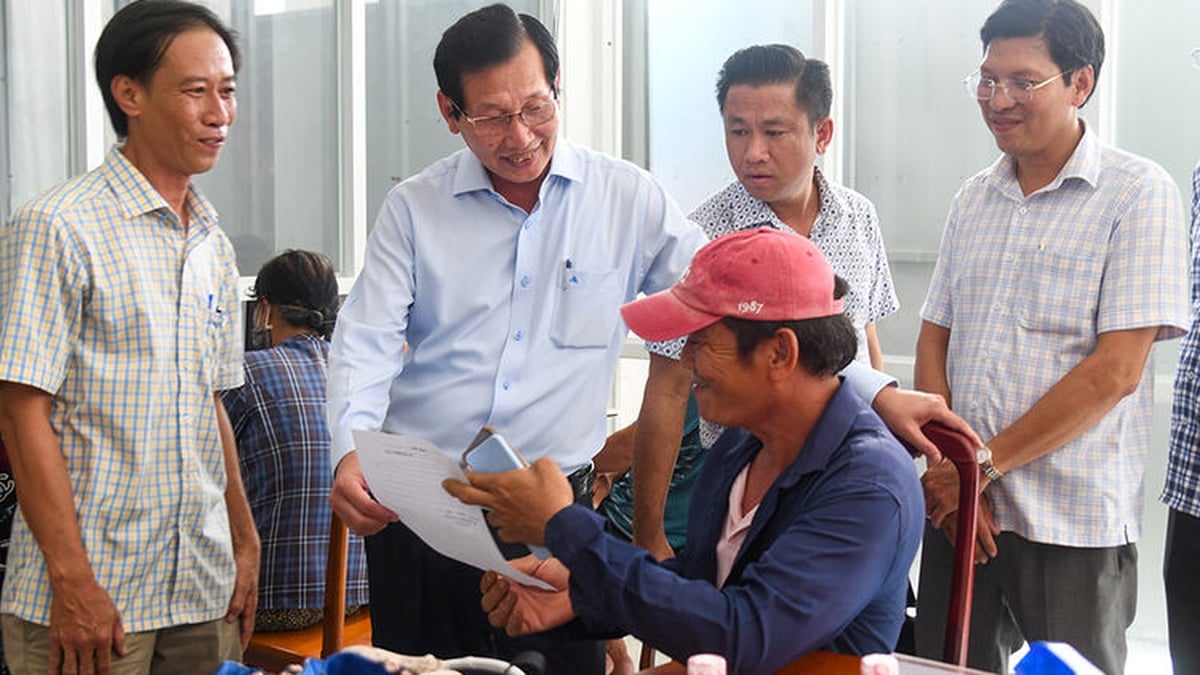

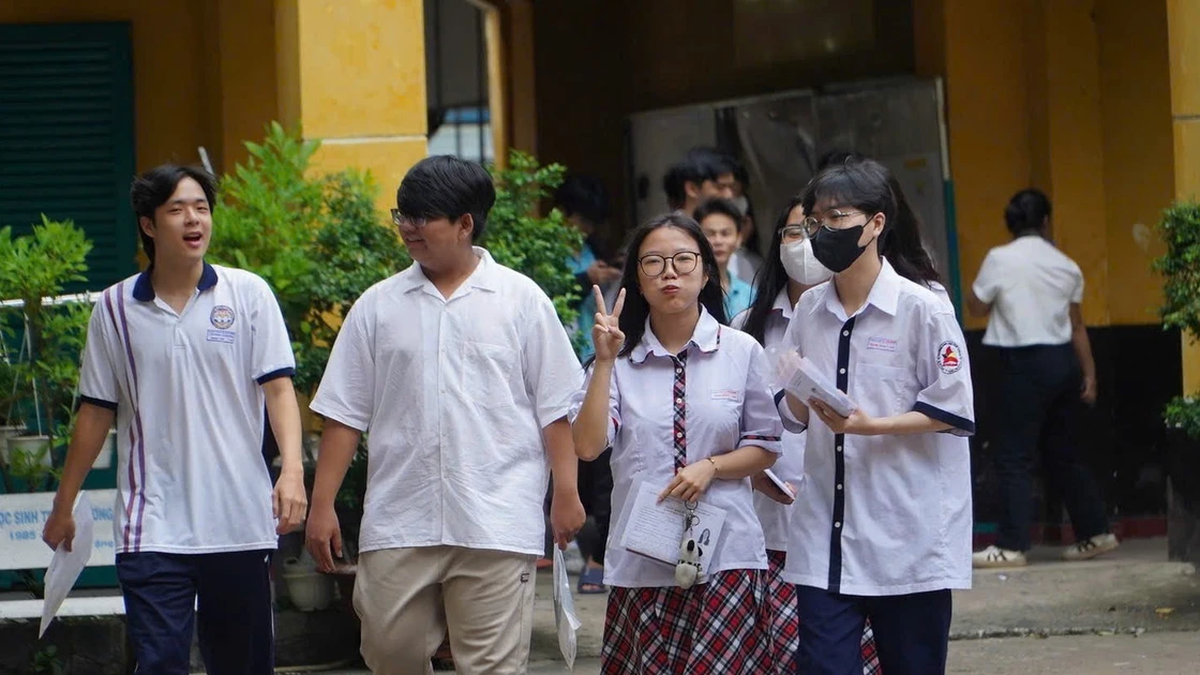

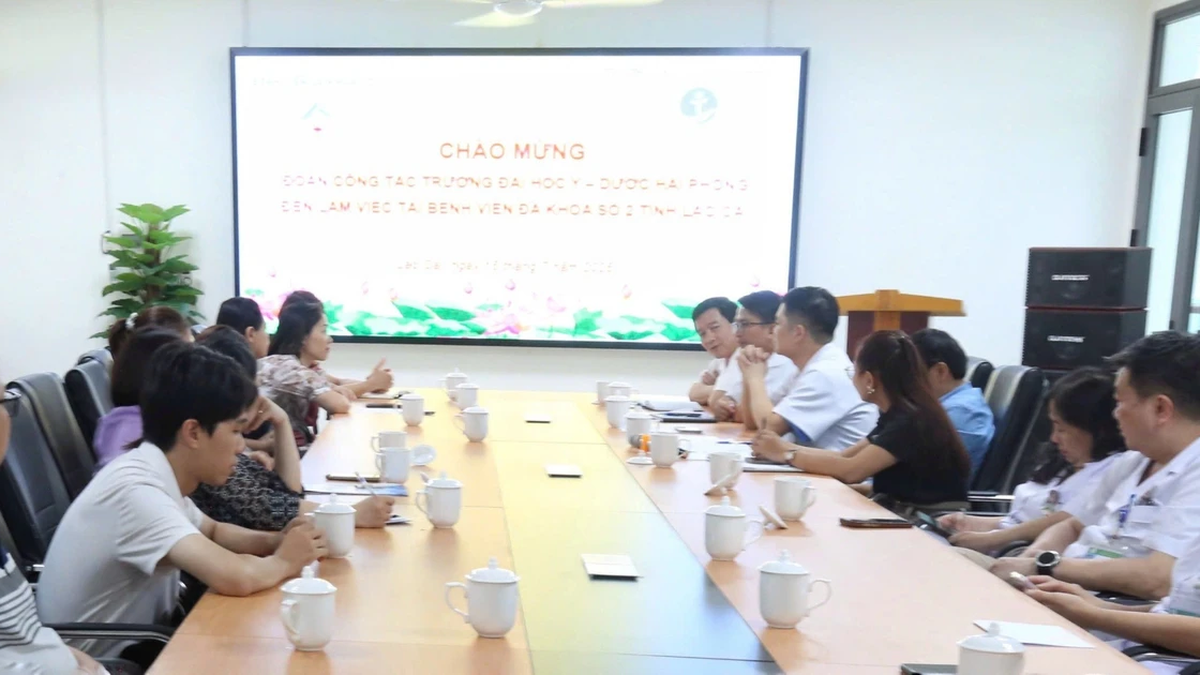
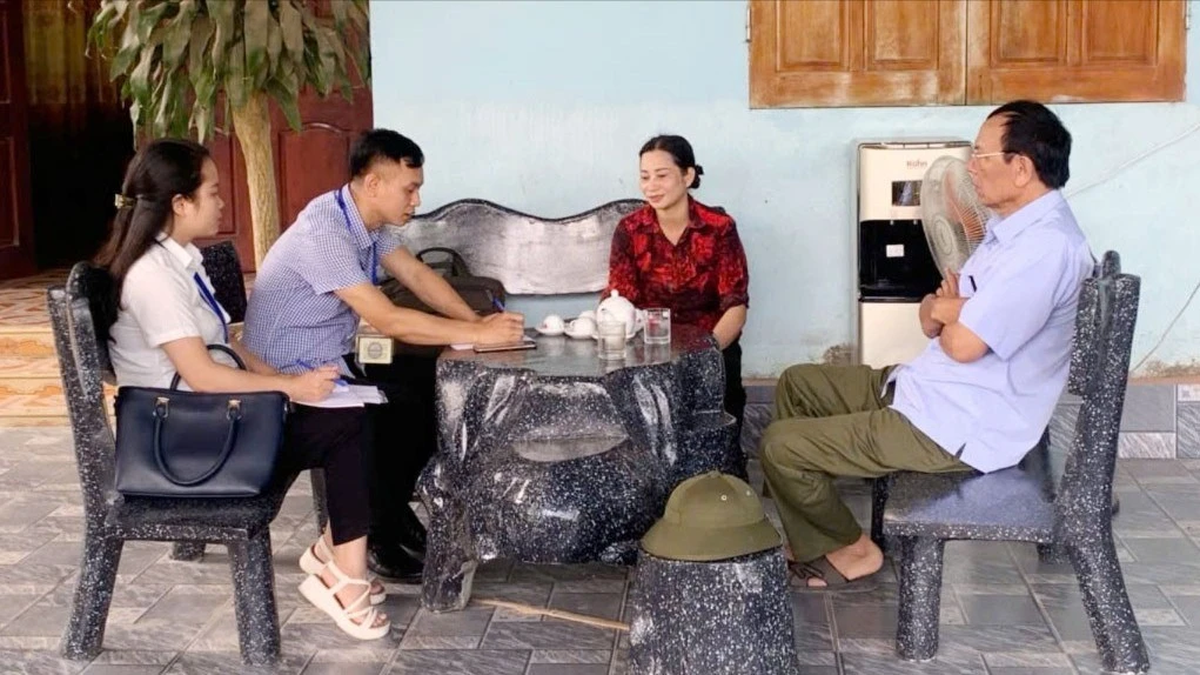

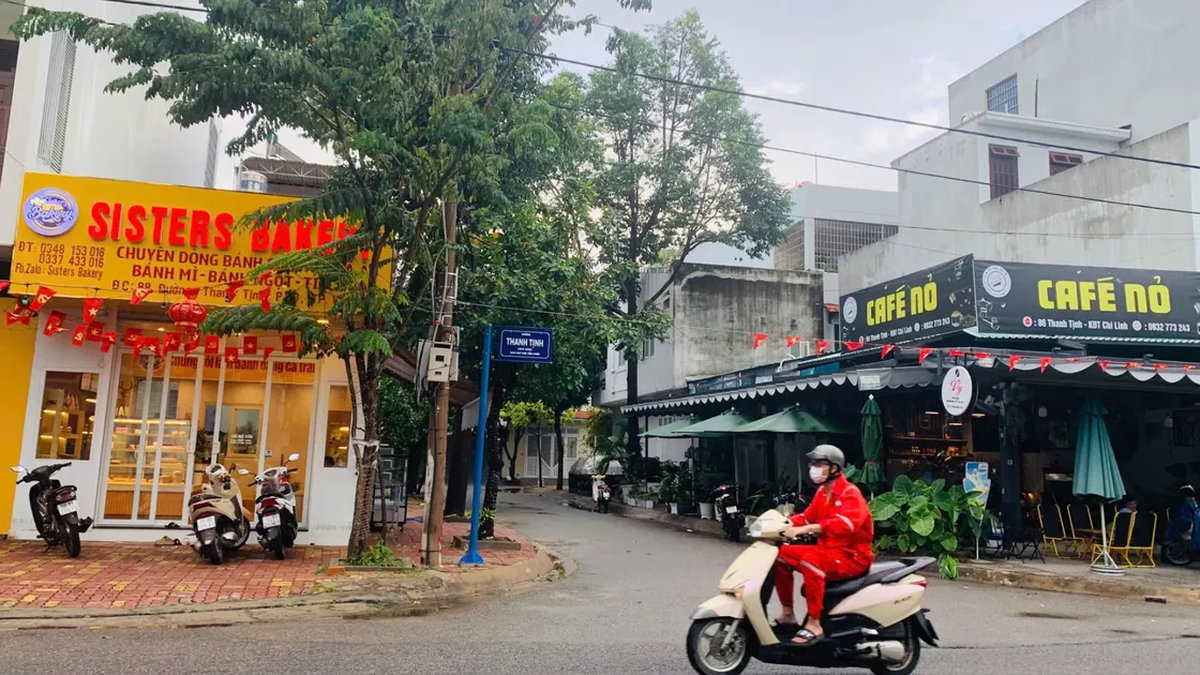

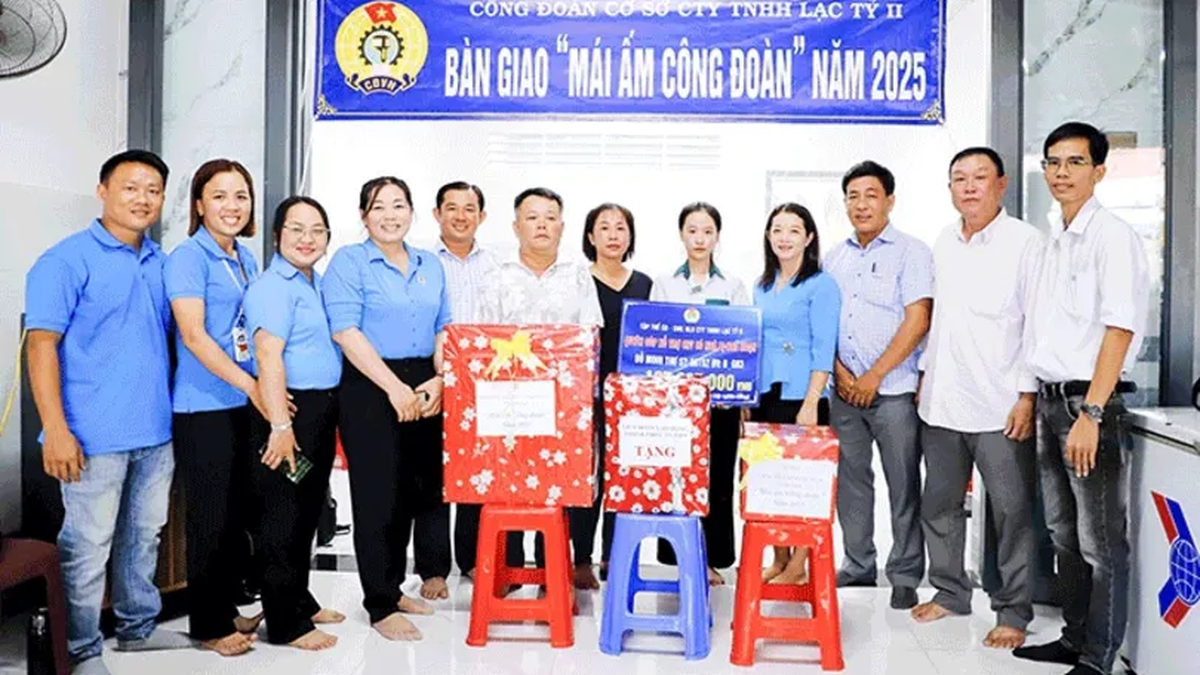
























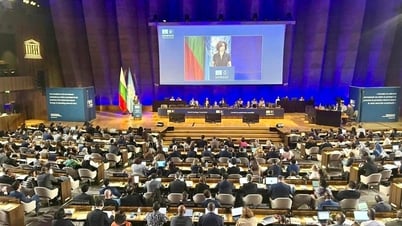



























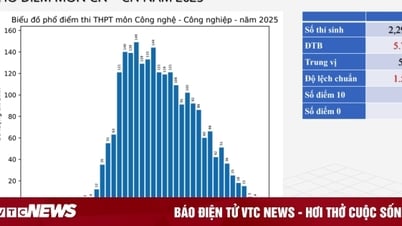









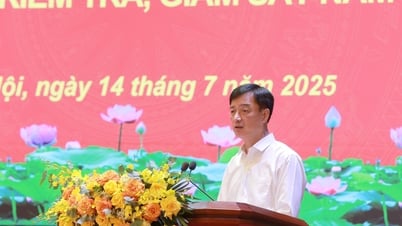



























Comment (0)